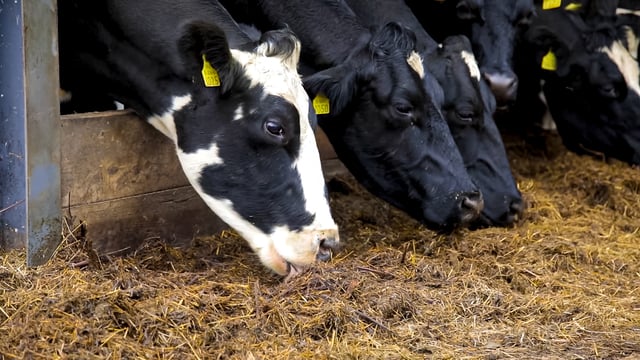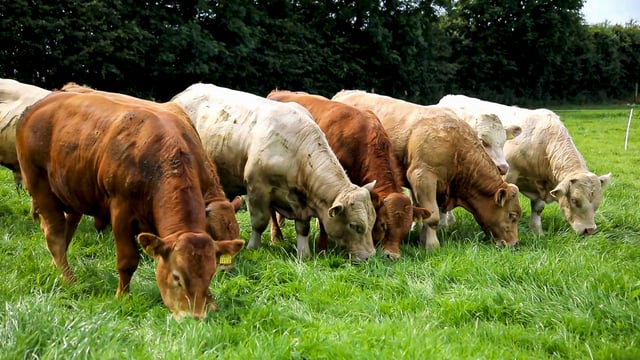How will agriculture in NI be impacted by a Stormont collapse?
In the event of the collapse of the Stormont Executive, the Ulster Farmers’ Union (UFU) has confirmed that a £1 billon farm support budget remains in place, covering the next three financial years.
Speculation continues to rise that the Democratic Unionist Party (DUP) will pull the Stormont institutions if they perceive no progress being made in the Northern Ireland Protocol negotiations.
UFU chief executive, Wesley Aston, indicated that, whatever happens at Stormont, the money will be available to ensure that direct farm support payments will continue to be paid out during the lifetime of the current UK parliament.
He added:
But, according to Aston, beyond this, everything becomes extremely fluid.
Aston continued: “The review of future farm support policies, recently launched by farm minister Edwin Poots, was never going to reach a conclusion within the period of Stormont’s current mandate.
The UFU is currently in discussions with agriculture minister, Edwin Poots and his officials on the development of an updated capital investment scheme for agriculture and a new green growth strategy.
“At this stage I do not know if these discussions can be further progressed if a farm minister is not in place," Aston continued.
“In theory, this money could be used to help fund a new capital investment programme. We also need to see how Brussels will make money available to Northern Ireland, following Brexit," he added.
“But these are both very grey areas at the present time.”
Union president, Victor Chesnutt, has specifically highlighted the impact of the envisaged soil testing programme.
“It means that every field in Northern Ireland will be soil tested over the couple of years,” he said.
“The results of this work can be used by individual farmers to develop their own farm management programmes.
“This is the core building block upon which we can build realistic and accurate carbon sequestration models," Chestnutt added.
Looking to the future, Chestnutt wants farm support budgets to be inflation-proofed. Annual inflation rates are currently running at 5.4% in the UK.





